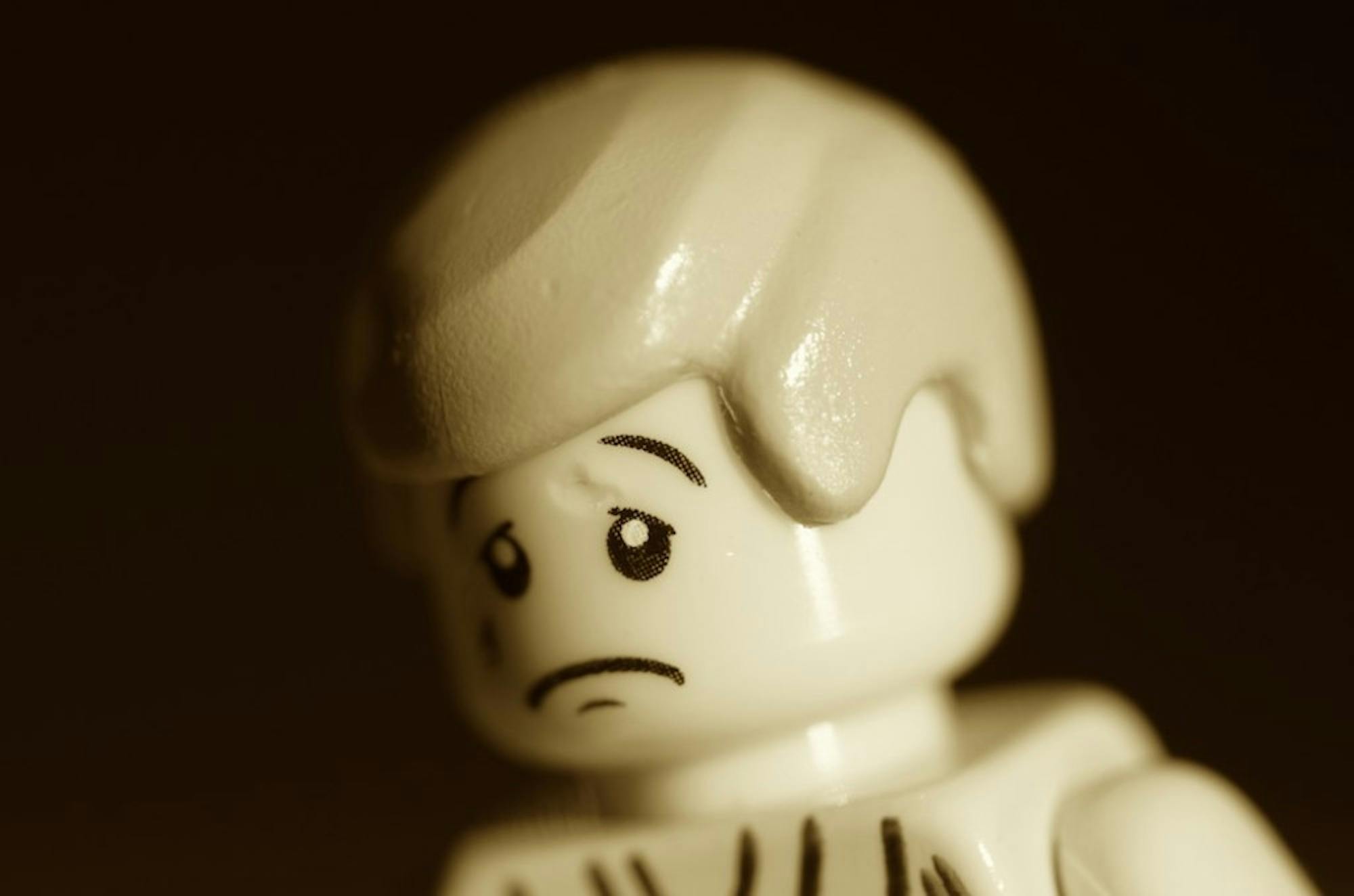
Photo Courtesy of Flickr Creative Commons: Kristina Alexanderson
Last month, a friend of mine — let’s call him Josh — sent out an email to almost 20 friends explaining that his father had passed away a number of years ago. In Jewish tradition, close relatives gather every year after the passing of the deceased to say a special prayer for mourners. In his email, Josh asked if we could help him make a minyan — the minimum of ten people that he needed in one place to say the prayer in remembrance of his father. In clockwork fashion, the community moved to support Josh. Not just once but three times in a 24-hour period, the required number of people showed up, and Josh was able to recite the mourner’s prayer. Each time, the participants lingered while Josh recalled a memory with his father.
Unlike most editorials, this letter is not written to answer a question. I write it to ask you: how do we create a community that can help people in their most vulnerable moments?
We will return to Josh’s story, but for now I want you to sit back, close your eyes and picture your three closest friends. Examine them in your mind’s eye: who are they? What do they want most in the world? What has been most difficult for them in college?
If you came up blank for the last question, I would bet that you are lying to yourself. I know, because every person that I have asked this question to in the last month has spewed off a list of issues that they or their friends have had to deal with at Emory: parental divorce, alcoholism, failure, depression, alienation. These experiences are more common than we are led to think. In fact, in a study conducted by the American College Health Association, one in four college students had been diagnosed or treated by a mental health professional in the year prior to the study. And every year, too many slip through the cracks of our formal and informal support systems: 31 percent of the college students in the study said they felt so depressed in the last year that it was difficult to function. Wherever you are reading this, look around you. Thirty-one percent.
I ask now: given that nearly all Emory students will experience their first true crisis on this campus, away from parents and family, how do we create a community that is prepared to help us at our lowest lows?
It seems to me that Josh’s community succeeded in supporting him in his most difficult hours, because it has two advantageous characteristics that are both fundamental pillars of a supportive community.
First, the explicitopenness of the community allowed him to share his most private difficulties. Obviously not everyone is experiencing emotional turbulence at a given time, and to only discuss hardship in any community would be unrealistic. Moreover, the best support comes with a concern for privacy. Thus the success of Josh’s extended group of friends is not that it is built around hardship, nor is it successful because it publicly discusses very private issues; rather, it is so supportive because its members tell each other explicitly and consistently that they should privately share issues if there are any. “How are you?” can mean “How much work do you have today?” It can also mean, “Is there anything I can do to help you with today?” Josh’s community succeeded because it explicitly and implicitly asks the latter.
Second, community members were able to empathize with Josh, drop whatever they were doing and donate half an hour of their day to help him. Because the community is explicitly open, members have more of a grasp on the relative importance of supporting a friend in mourning versus getting an hour more of sleep. They can overcome the common narcissism of over-packed schedules and constant exhaustion, because they had practice empathizing with others. In short, the more people understand how common and severe loneliness, anxiety and dependency issues are, the more they understand the importance of letting go of their own priorities for their community members.
In my view, even though smaller social or religious communities within Emory succeed in supporting their members in difficult times, both of these pillars are often wanting in our community as a whole. On one hand, we often promote social situations in which students are encouraged to suppress their personal problems, such as especially rigorous classes or parties. How can we be surprised that students buckle under pressure by “problem drinking” or cheating on exams when they don’t feel the supporting power of the community? On the other hand, even when students are in a situation where they can be honest about a challenge they are facing, our constantly buzzing community often rushes on without them, studying for the next test or running to the next meeting.
I therefore ask that the Emory community make an effort to consistently and publicly acknowledge the hardships that most students will endure during their years here, so those students may feel more comfortable speaking out and seeking support from professionals or friends.
If you have ideas, practical or philosophical, I want to hear them. What pillars of a supportive community are we missing at Emory? And, most importantly, how can we make them permanent fixtures of our institutions and of the community as a whole?
Noam Kantor is a College sophomore from St. Louis, Missouri.





